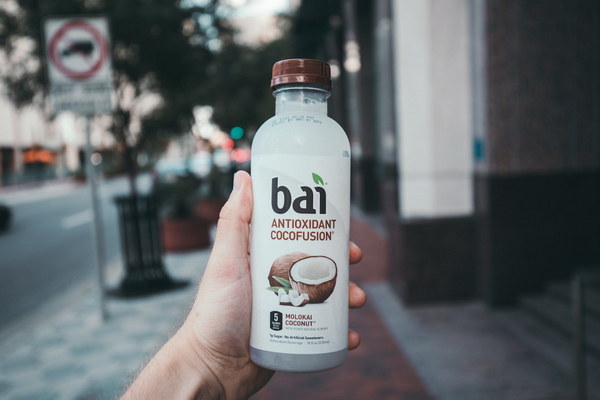Superior Supplements for Senior Well-being What to Choose for Elderly Health
Introduction:
As we age, our bodies undergo various changes that can affect our overall health and well-being. Supplements can play a crucial role in supporting these changes, providing essential nutrients that may be lacking in a senior's diet. This article explores the best supplements for elderly health, focusing on key areas that can significantly impact their quality of life.
1. Calcium and Vitamin D for Strong Bones:
One of the most critical aspects of senior health is maintaining strong and healthy bones. Calcium and vitamin D are essential for bone density and can help prevent osteoporosis, a common condition among older adults.
- Calcium: A daily supplement of 1000-1200 mg of calcium can help maintain bone health. Good sources of calcium include dairy products, leafy greens, and fortified cereals.
- Vitamin D: This vitamin is crucial for calcium absorption. A supplement of 400-800 IU per day is often recommended, especially for those with limited sun exposure or poor dietary intake.
2. Omega-3 Fatty Acids for Heart Health:
Heart disease is a leading cause of mortality among seniors. Omega-3 fatty acids, found in fish oil, have been shown to improve heart health by reducing triglycerides, lowering blood pressure, and preventing blood clots.
- Fish Oil: Aim for about 250-500 mg of EPA and DHA combined daily. Fish such as salmon, mackerel, and sardines are excellent dietary sources.
3. Vitamin B12 for Energy and Brain Health:
Vitamin B12 is vital for energy production and maintaining brain function. Many seniors have lower levels of B12 due to poor absorption, especially if they have gastrointestinal issues or follow a vegetarian diet.

- B12 Supplements: A daily supplement of 500-1000 mcg can help maintain healthy levels of B12. It is also available in fortified cereals and nutritional yeast.
4. Magnesium for Muscle Function and Sleep:
Magnesium is essential for muscle and nerve function, and it also plays a role in sleep regulation. Many seniors experience magnesium deficiency, which can lead to muscle cramps, restless legs, and poor sleep.
- Magnesium Supplements: A daily dose of 300-400 mg can help improve magnesium levels. Foods rich in magnesium include nuts, seeds, legumes, and whole grains.
5. Probiotics for Gut Health:
A healthy gut is crucial for overall health, and probiotics can help maintain a balanced gut microbiome. This is particularly important for seniors, as age can lead to a decline in gut flora.
- Probiotic Supplements: Look for a supplement containing at least 10 billion CFUs (colony-forming units) of probiotics. Yogurt, kefir, and fermented foods are also good dietary sources.
6. Antioxidants for Immune Support:
Seniors often have a weakened immune system, making them more susceptible to infections. Antioxidants can help protect against oxidative stress and support immune function.
- Antioxidant-Rich Foods: Berries, nuts, seeds, and dark leafy greens are excellent sources of antioxidants. For supplements, vitamin C (500-1000 mg per day) and vitamin E (400 IU per day) are commonly recommended.
Conclusion:
While supplements can complement a healthy diet and lifestyle, it's important to consult with a healthcare professional before starting any new supplement regimen. The best approach is to combine these supplements with a balanced diet rich in fruits, vegetables, whole grains, lean proteins, and healthy fats. By focusing on these key nutrients, seniors can support their health and well-being, enhancing their quality of life as they age.









